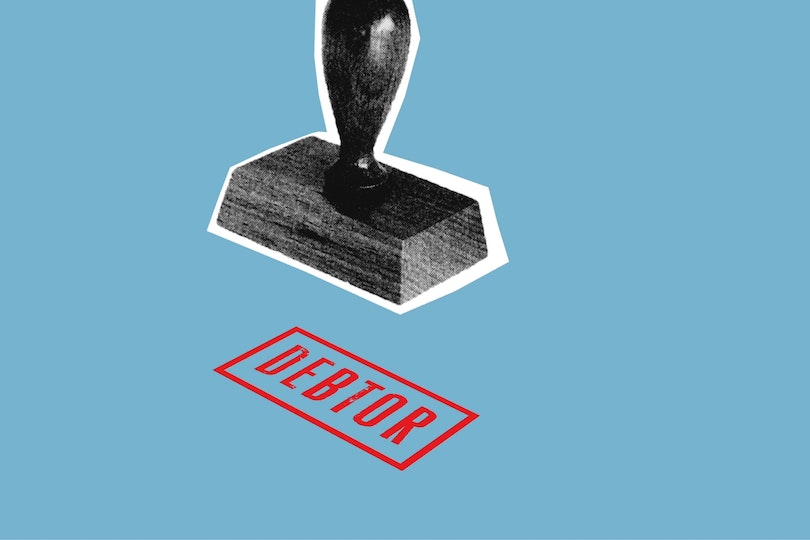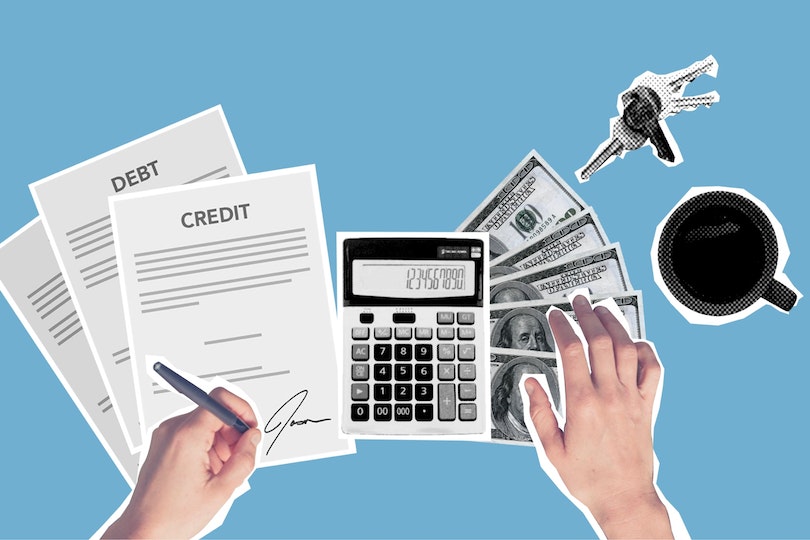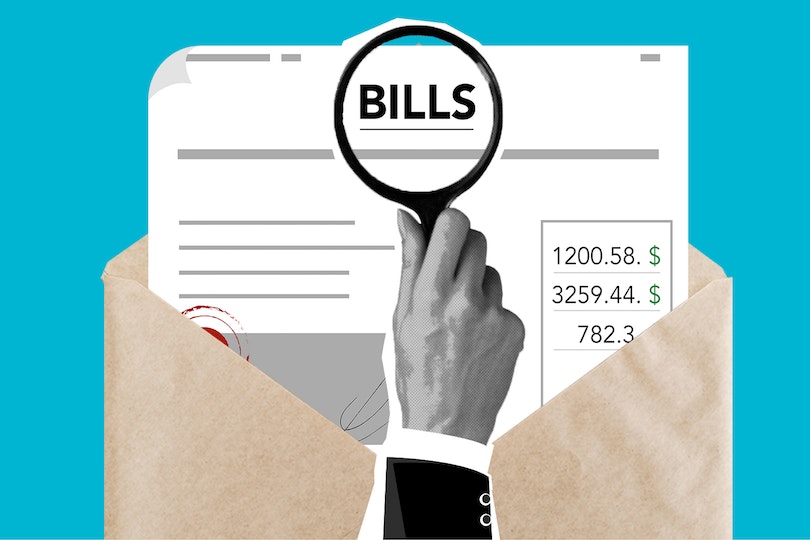
The Internal Revenue Service (IRS) is an entity that you probably don’t want to find yourself at odds with. While most of us are familiar with the basic process of filing taxes, navigating the intricacies of tax-related issues can be a lot more daunting. One situation that many dread is having their tax debt outsourced to a private debt collection agency.
While this may sound intimidating, it’s important to understand what this actually entails, and what steps you can take to address the situation responsibly.

1. Receiving The Initial Notice
If your tax debt is being outsourced to a private debt collector, you will first receive a written notice from the IRS. This notice is your official heads-up, indicating that your case is being transferred to a third-party agency.
The agency will also send you a separate notice confirming the transfer. In this phase, it is vital to consult Tax Law Advocates to understand your rights and obligations. Consulting experts can also help you formulate an action plan tailored to your situation. After all, failing to address this head-on could lead to more severe financial and legal repercussions.
2. Authenticating The Debt Collector
Scammers often pose as debt collectors, including those collecting on behalf of the IRS. As such, it is critical to confirm the legitimacy of the agency that contacts you. You can do this by asking them to provide official identification and then cross-referencing this information with the IRS.
This can be done by calling the IRS directly to confirm that your tax debt has, indeed, been sent to the collection agency in question.

3. Understanding Your Rights
When your debt is transferred to a private collector, you still have rights under the Fair Debt Collection Practices Act (FDCPA). This includes the right to dispute the debt and request verification, and the right to be free from harassment or abusive practices by the collector.
If you believe that your rights are being violated, you can report the collector to the Consumer Financial Protection Bureau (CFPB) or seek legal advice.
4. Making Payment Plans
Once you’ve verified the authenticity of the debt collector and reviewed your rights, the next step is to discuss payment options. The collector may offer you a payment plan that is different from what the IRS offers.
Analyze these plans carefully to find one that you can feasibly commit to. Remember, defaulting on an agreed payment plan can land you in hot water, triggering more severe actions such as wage garnishments.
5. Exploring Settlement Options
If your debt amount is substantial, you might want to consider settling for a lesser amount. Some private debt collectors might be authorized to negotiate a settlement on behalf of the IRS. However, this is a complicated process and should only be undertaken with the help of a tax professional experienced in such negotiations.

6. Monitoring Your Credit Score
Being sent to collections by the IRS can have an impact on your credit score. Private collection agencies may report your debt to the major credit bureaus, which can lead to a drop in your credit rating.
It’s important to keep an eye on your credit score and take steps to improve it by ensuring prompt payments and resolving the tax debt as quickly as possible.
7. Settling The Debt And Ensuring Compliance
After you’ve settled on a payment or settlement plan and fulfilled it, make sure to obtain written documentation that proves your debt has been resolved. Keep this paperwork in a safe place, as you may need it to resolve any future disputes or inaccuracies.
Conclusion
While being sent to a private debt collector by the IRS can be a stressful experience, it’s important to remember that you do have options and rights throughout this process. Whether it’s verifying the authenticity of the debt collector, understanding your rights, or negotiating payment plans and settlements, each step you take can help you navigate this difficult period more effectively. Consult professionals to get the best guidance tailored to your specific circumstances.
In the end, dealing with a private debt collector requires a proactive approach and an understanding of the legal landscape to ensure that you come out of this experience unscathed.





